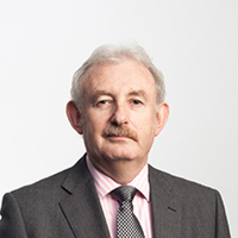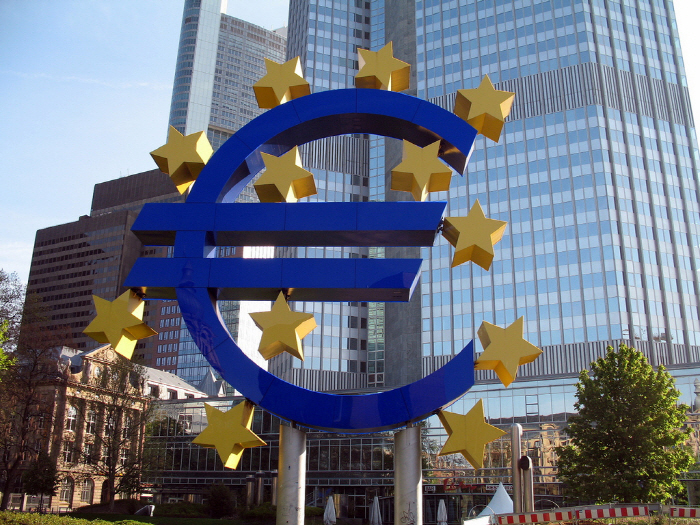
Kenneth Grattan
Professor Grattan graduated in Physics from Queen's University Belfast with a BSc (First Class Honours) in 1974, followed by a PhD in Laser Physics. His doctoral research involved the use of laser-probe techniques for measurements on potential new laser systems.
Following Queen's, in 1978 he became a Research Fellow at Imperial College of Science and Technology, sponsored by the Rutherford Laboratory to work on advanced photolytic drivers for novel laser systems. This involved detailed measurements of the characteristics and properties of novel laser species and a range of materials involved in systems calibration.
In 1983 he joined City University London as a "new blood" Lecturer in Physics, being appointed Professor of Measurement and Instrumentation in 1991 and Head of the Department of Electrical, Electronic and Information Engineering. From 2001 to 2008 he was the Associate and then Deputy Dean of the School of Engineering and from 2008 to 2012 the first Conjoint Dean of the School of Engineering & Mathematical Sciences and the School of Informatics. In 2013 he was appointed the Inaugural Dean of the City Graduate School. He was appointed George Daniels Professor of Scientific Instrumentation in 2013 and to a Royal Academy of Engineering Research Chair in 2014.
His research interests have expanded to include the development and use of fibre optic and optical systems in the measurement of a range of physical and chemical parameters. The work has been sponsored by a number of organizations including EPSRC, the EU, private industry and charitable sources, and he holds several patents for instrumentation systems for monitoring in industry using optical techniques. He obtained the degree of Doctor of Science (DSc) from City University in 1992 for his sensor work. Professor Grattan is extensively involved with the work of the professional bodies having been Chairman of the Science, Education and Technology of the Institution of Electrical Engineers (now IET), the Applied Optics Division of the Institute of Physics and he was President of the Institute of Measurement and Control during the year 2000. He has served on the Councils of all three of these Professional Bodies. He was awarded the Callendar Medal of the Institute of Measurement and Control in 1992, and twice the Honeywell Prize for work published in the Institute's journal as well as the Sir Harold Hartley Medal in 2012 for distinction in the field of instrumentation and control. He was awarded the Applied Optics Divisional Prize in 2010 for his work on optical sensing and the honorary degree of Doctor of the University of the University of Oradea in 2014.
He was elected President of the International Measurement Confederation (IMEKO) in 2014, serving from 2015 to 2018. He was elected to the Royal Academy of Engineering, the UK National Academy of Engineering, in 2008.
Professor Grattan has been Deputy Editor of the Journal Measurement Science and Technology for several years and currently serves on the Editorial Board of several major journals in his field in the USA and Europe. In January 2001 he was appointed Editor of the IMEKO Journal "Measurement" and also serves on their General Council. He is the author and co-author of over seven hundred refereed publications in major international journals and at conferences and is the co-editor (with Professor B T Meggitt) of a five volume topical series on Optical Fiber Sensor Technology. His work is highly cited by his peers nationally and internationally. He is a Visiting Professor at several major Universities in China, with strong links to Harbin Engineering University and the Shandong Academy of Sciences.
Professor Grattan has been a Member of the University Executive Committee (ExCo) since 2008 and chairs two of its sub-Committees, the University Sustainability Committee and the Business Continuity Management Committee. He has served on Senate for over 20 years, as well as many of its sub-Committees.

A brief history of telling time
May 16, 2016 13:23 pm UTC| Insights & Views Science
We live in a world where time is all important. Nanoseconds mark the difference between success or failure to make an electronic transaction and where we are continuously reminded of the time: of being early or late, of...
- Market Data









































